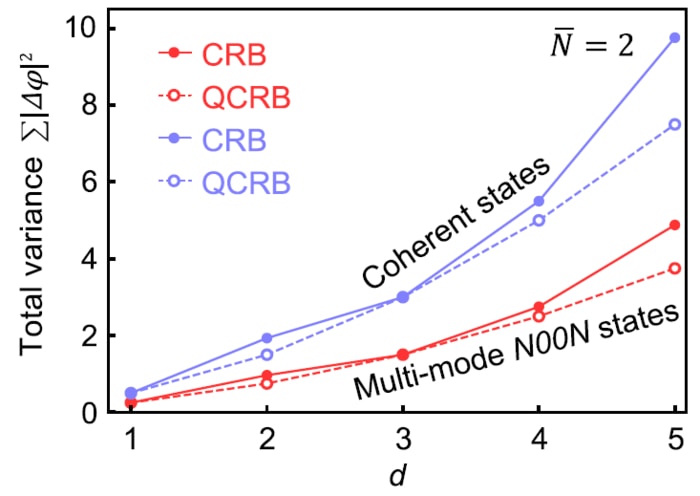INDUSTRY
KIST researcher demos quantum sensor exceeding the measurement limit of conventional sensor
Quantum "entangled" state where photons exist in multiple places simultaneously. Quantum effect-based sensor with enhanced precision level surpassing the limit of conventional mechanisms
Precise data measurement and securing images and videos using highly sensitive sensors are crucial in the era of the Fourth Industrial Revolution. To this end, multiple parameters that change in real-time such as the location of an object, temperature, and time should be estimated with high precision, and quantum effects (superposition and entanglement) can help enhance the measurement precision or estimate the parameters that were not measurable with conventional sensors. The research on such quantum sensors along with quantum supercomputers and communication studies are the major application areas of quantum information technology, in which there is fierce competition between the U.S. and China over technological hegemony. 
A research team led by Dr. Hyang-Tag Lim from the Center for Quantum Information, Korea Institute of Science and Technology (KIST) demonstrated quantum sensors that can estimate multiple parameters changing in real-time with high precision beyond the standard limits.
The KIST research team demonstrated "multi-mode N00N states" where multiple parameters changing in real-time can be precisely estimated. The "multi-mode N00N state" was known to show the highest precision in theory, but its demonstration has been highly challenging.
The research team succeeded in demonstrating quantum-enhanced multiple-phase estimation by generating multi-mode N00N states, a quantum entanglement state with photon number N = 2 and mode number m = 4 that is applied to an interferometer so that its multiple phase difference can be simultaneously measured with high precision beyond the standard quantum limit. 
Dr. Hyang-Tag Lim from the KIST who led this research stated, "Multi-mode N00N states, the key technology of this achievement, will contribute to the further development of quantum sensing as a foundation technique for quantum imaging and sensor networks." He added, "I hope it will also be used in a high-performance quantum microscope and bio-imaging sensors.“
